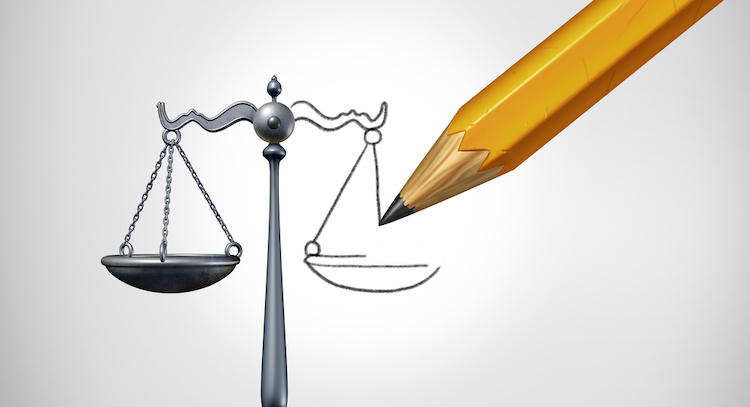Law Prof Finds Flaw That Could Invalidate Thousands of Patent Decisions
Law professor John Duffy of George Washington University figured he was missing something when he discovered a flaw in the appointment process for judges who decide patent disputes.
The Constitution’s appointments clause requires “inferior officers” of government to be appointed only by the president, the courts or “heads of departments” like the attorney general or the secretary of commerce, Adam Liptak writes in his Sidebar column for the New York Times. But a 1999 law gave the director of the Patent and Trademark Office the power to appoint judges on the Board of Patent Appeals and Interferences.
Duffy concluded the law was unconstitutional. His analysis could invalidate thousands of patent decisions, since 46 of 74 judges on the patent court have been appointed by the director, the story says. Then Duffy began to doubt himself.
“I actually ran it by a number of colleagues who teach administrative law and constitutional law,” Duffy told the Times. But his colleagues said Duffy was right. “No one thought it was a close question,” he said.
Now Duffy appears to have the Justice Department on his side. Government lawyers did not dispute him in a December court filing, but instead said a legislative solution would be sought.
The case could reach the U.S. Supreme Court. Translogic Technology raised the issue after the U.S. Court of Appeals for the Federal Circuit decided its case. (Duffy’s article was not published until after the decision.) Now the company has filed a cert petition asking the high court to decide the question.



